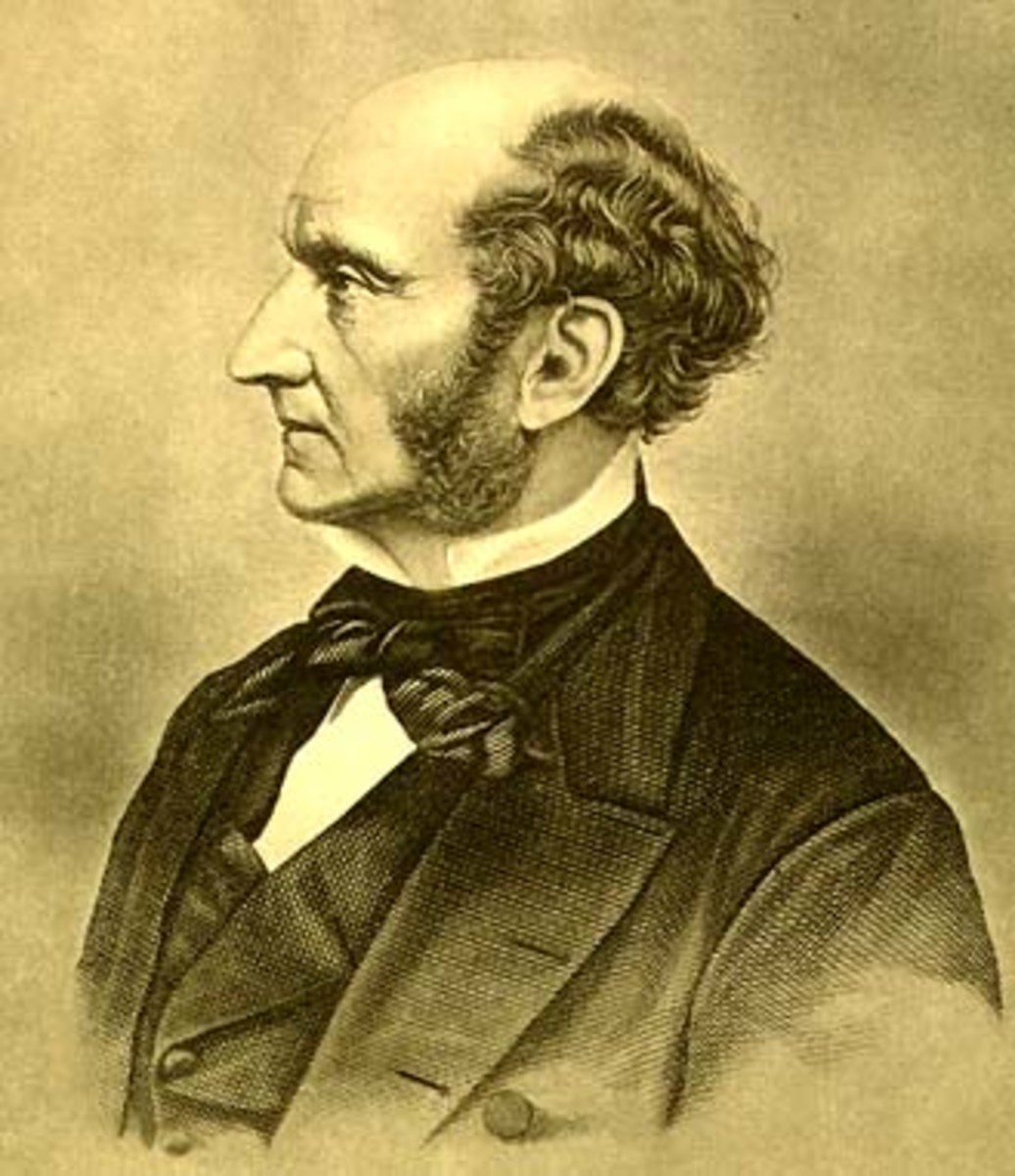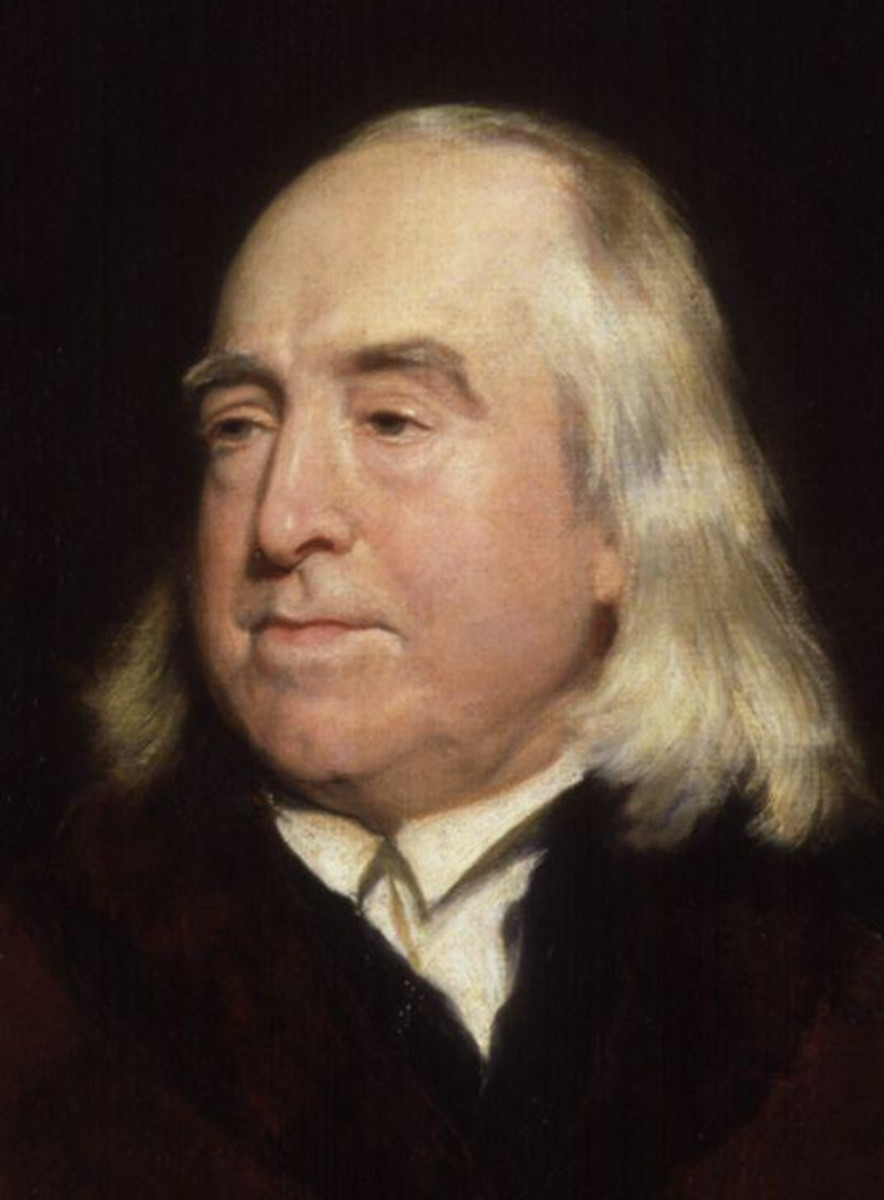The Paradox of Tolerance

The problem with tolerance
If we are advocates of a tolerant society, we are required to act in a tolerant manner. That's just common sense.
Surely we can only claim to be a tolerant individual if we are tolerant at all times and of all actions and beliefs. For any act of intolerance is an act against the tolerant society.
The problem occurs then, when an intolerant individual presents themselves in the community. If someone is being intolerant of another person's belief, this can be deemed wrong by the tolerant individual because it is an act against their own belief that a society should promote toleration. In order to ensure that the society remains tolerant, it is required that a tolerant individual must speak out against the intolerant and stop them from acting in such a manner. But this itself is an intolerant action, and undermines the concept of a tolerant society completely.
It's a messy, vicious circle.
So, should we tolerate the intolerant?
The two opposing stances.
The following two sections will explain the positions of two of the most influential political philosophers in relation to this topic.
You should read the following keeping in mind your own opinion, see if you can be swayed.

We should tolerate the intolerant
Philosopher John Rawls argues that we should tolerate the intolerant, providing the intolerant individual is not using harm or violence to express their stance.
He argues this for a few main reasons:
- If an individual were to be intolerant, they would have no right to claim injustice when their own views aren't tolerated.
- He says we must treat others according to the practices or our own, and therefore we must act in a tolerant manner.
- The act of intolerance is the act of oppression. To deny someone's freedom is unjust. Unless the tolerant individual's own freedom is at risk, they must not deny another one's liberty.
Many philosophers who share the same standpoint argue that tolerance breeds tolerance. But this is a rather naïve viewpoint. After all, could the same not be said about the opposition? That intolerance breeds intolerance.
Tolerance is a concept that requires reciprocation for it to be successful within a society. As soon as an intolerant individual enters the works, they set the whole thing off track.

We should not tolerate the intolerant
The opposition claims that we should not tolerate the intolerant due to the fact that simply allowing the intolerant to continue as they are, allows them to override the tolerant population and create a more intolerant society. So if you're aim is to promote tolerance, it makes perfect moral and justified sense to say no to intolerance.
Philosopher Karl Popper argues that an "open society of free individuals should be preserved at all times." In order to maintain that, it is required that any intolerance towards an individual's belief should be fought against. Intolerance promotes the oppression of freedom and it is freedom that we are trying to protect in a tolerant state such as ours.
He also argues, like Rawls, that any individual who expresses themselves through violence should not be tolerated. And intolerance usually holds elements of violence.
Not only this, but tolerance is made up of three components: Acceptance, objection, rejection (as developed by Forst). So toleration does allow us to reject certain practices providing the rejection is based on legitimate and rational claims. I'd say the above reasons not to tolerate the intolerant are convincing enough to allow rejection. Wouldn't you?
The Big Question: Should We Tolerate the Intolerant?
Should we tolerate the intolerant?
Tolerance is a political problem that has been widely debated for decades.
It leads our political decisions and moral beliefs, it affects our every day life in more ways than you may think.
This is why it is incredibly important for you to have your own position on the issue at hand.
So you've seen the classic philosophers and their viewpoint.
You've seen the debate in modern context in the video above.
What do you think?
Is this paradox really a paradox at all? Or is it a simple answer?
Should we tolerate the intolerant?
Let me know your views on the issue in the comments below.







